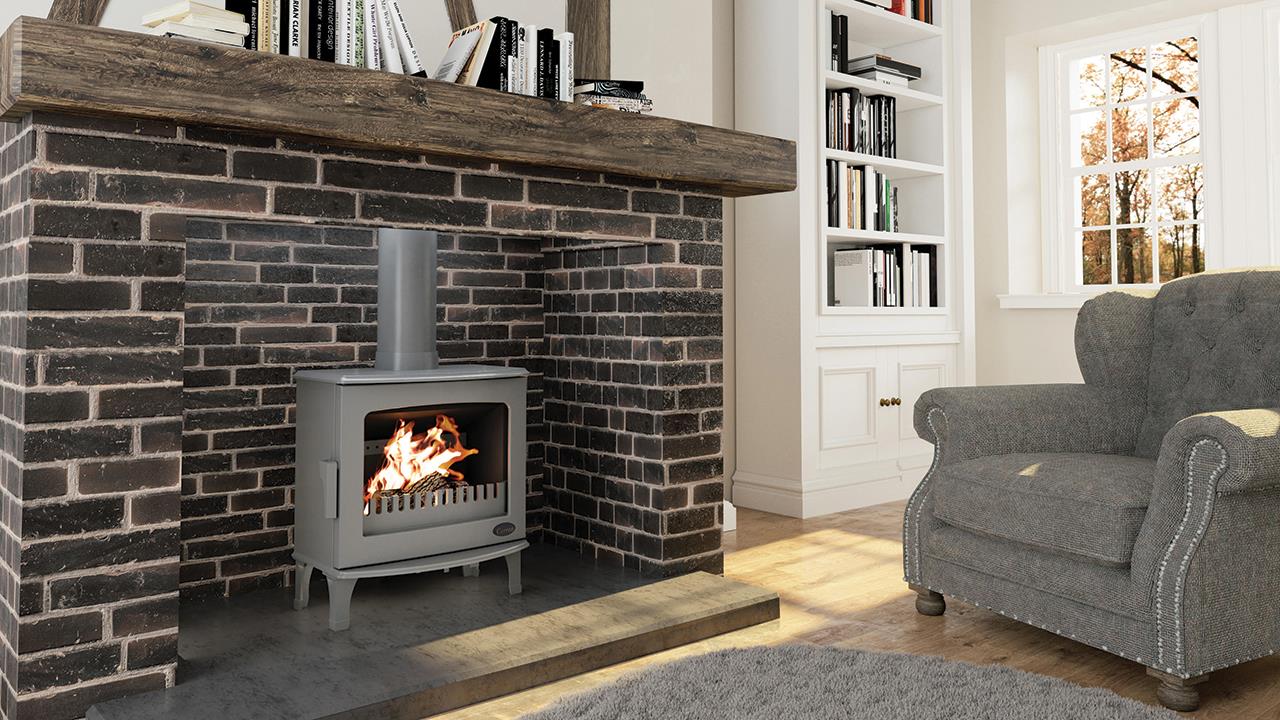

The new Environmental Improvement Plan 2023 set out by the government fits well with HETAS’ organisational purpose of reducing the environmental impact caused by solid fuels and biomass.
Avoiding a complete ban of solid fuel or biomass burning within homes demonstrates the government’s recognition of the many households still reliant on it while other home energy options remain unviable for them.
Air quality in the UK has improved significantly in recent decades. However, the new Emissions for air pollutants in the UK report released in February by Defra highlighted an increase in burning wood for fuel of 124% between 2011 and 2021.
While we acknowledge the statistics, measures are already in place to tackle these harmful emissions – such as public education, and the Cleaner Choice and ‘Ready to Burn’ schemes – and we are confident that, as a sector, we can dramatically reduce these emissions.
As the cost of living continues to escalate, many say their wood burning stove is an essential source of heat. So much so, that we have seen an unprecedented demand for solid fuel heating this past year. That’s why we want to appeal to installers to help us, and therefore the planet, by educating their customers about the right way to burn fuel as efficiently, cleanly, and sustainably as possible so we can do much better by our planet.
The right appliance
For us, everything starts with the right appliance. Therefore, it’s down to installers to recommend models that meet the minimum legal requirements for emissions.
However, it’s worth knowing that many models go far beyond this. Our Cleaner Choice appliance scheme, launched just last year, sets a lower maximum emission level for particulates than the most stringent legal requirement in Smoke Control Areas that feature in the Clean Air Act.
Stoves listed on the scheme must meet current exemption requirements for listing on the Defra website, while also being independently verified by HETAS as achieving at least a 50% improvement on particulate limits required for exemption.
Looking closer at the detail, the limits vary depending on the kW heat output of the appliance, and some Cleaner Choice appliances even exceed the 50% requirement. Taking a standard 5kW stove as an example, with the limit set at 6.7g/h, Cleaner Choice requires emissions to remain under a maximum of 3.35g/h.
All Cleaner Choice appliances are also verified to ensure not only that the additional Ecodesign emission limits for OGCs, CO, and NOx, etc. are met for the UK, but also that they are accompanied by comprehensive installation instructions for safety; meeting the principal requirements of UK Building Regulations.
The right fuel
The Ready to Burn certification scheme, administered by HETAS and Woodsure for Defra, helps customers select the cleanest fuels for burning by showing a clear indicator of compliance. By advising customers to look out for the Ready to Burn mark, they can have peace of mind that the fuel they purchase is compliant with emissions regulations.
The Air Quality (Domestic Solid Fuels Standards) Regulations, which now apply in England, aim to prevent harmful pollution from domestic burning of all solid fuels by ensuring wood sold in volumes of under 2m3 is certified as having less than 20% moisture content.
Customers also buying loose wood in quantities of 2m3 or more must be advised the best ways to store it correctly, so as not to compromise its integrity. This includes keeping fuel off the ground with ample space and ventilation to avoid rotting.
Regular maintenance
One of the main pieces of advice for customers is to have their annual chimney or flue sweep by a HETAS-registered business. Proper maintenance of the wood burner is essential to boost its efficiency, and we recommend these services at least once a year, depending on usage.
While we work towards a cleaner, safer future, we want to bring attention to the fact that solid fuel remains a vital energy source for many in the UK. Until the masses can move to renewable energy on the home front, we within the industry – installers and manufacturers alike – should do all we can to help customers make better choices, helping us all move towards a cleaner, safer world.
If you'd like to keep up-to-date with the latest developments in the heating and plumbing industry, why not subscribe to our weekly newsletters? Just click the button below and you can ensure all the latest industry news and new product information lands in your inbox every week.